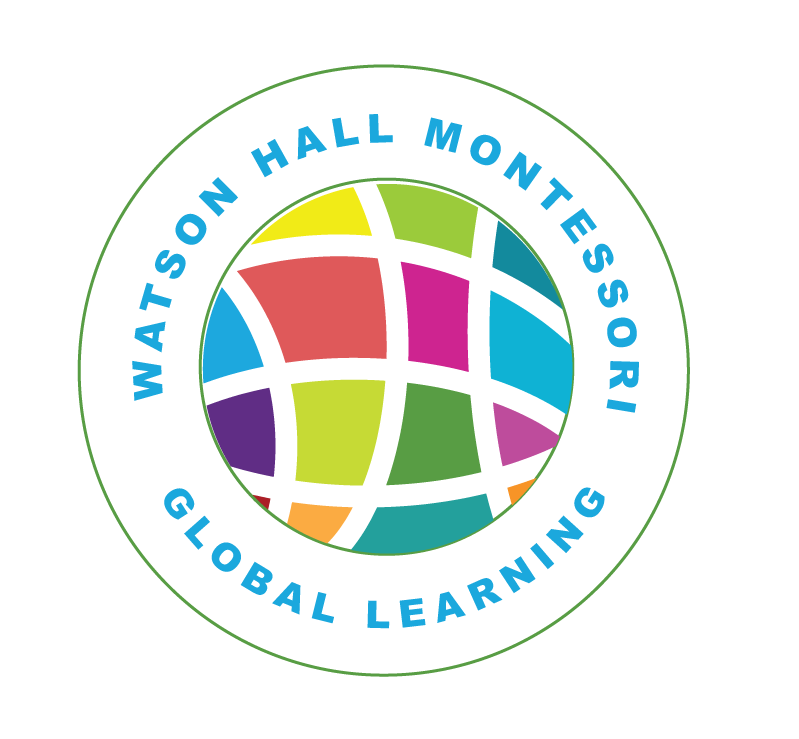Curriculum
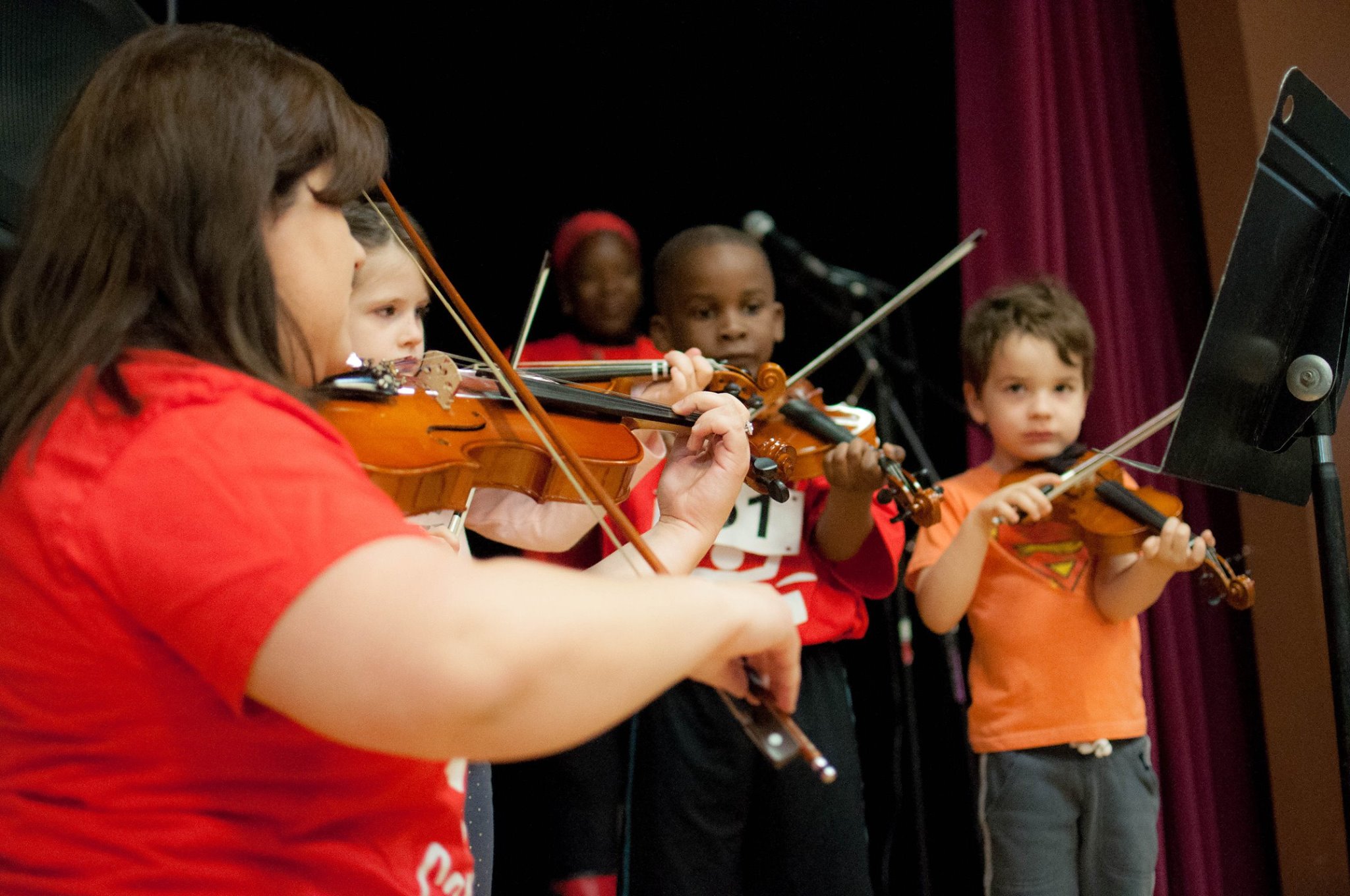
At the core of the Montessori Curriculum lies the principle of nurturing the internal locus of control inherent in each child. Our environment is thoughtfully structured to facilitate the discovery of activities that align with each child’s self-directed interests. We invite you to explore our curriculum detailed below.
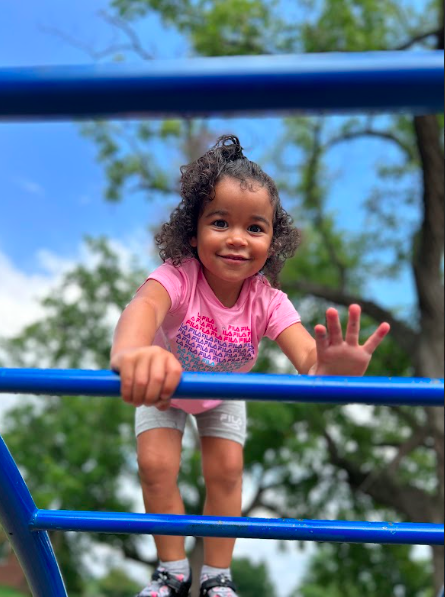
The following components are major areas of the Toddler and Primary Montessori Curriculum:
Practical Life– Children use materials to develop coordination and the ability to conduct daily living activates such as buttoning, lacing, scooping, pouring, and categorizing.
Sensorial– Children use materials to develop multiple senses. In conjunction with specialized tools, they begin to understand and master concepts related to sequence, volume, and dimension.
Mathematics– Children learn addition, subtraction, division, multiplication, numeration, and place value. The materials used vary in construction and matter.
Language– Children develop phonetic skills such as vowel, consonant, and cluster sounds. In addition, they master the alphabet and the sounds associated with each letter. Children also learn to master their fine motor skills and coordination, culminating in the use of a pencil to create written language.
Culture- This curriculum component has numerous areas. Science, History, Geography, and Foreign Language are all incorporated in cultural lessons.
The following components are major areas of the Lower and upper Elementary Montessori Curriculum:
Advanced Practical Life- Children use materials to master coordination and the ability to conduct daily living activities. This area is a continuation of the Practical Life area in the Toddler and Primary programs. Children explore the following activities: pattern designing using common household materials, food preparation, cooking, textile creation, sewing, knitting, and shopping.
Geography-Montessori children learn at a very young age that our actions impact our environment. This core area introduces scientific theories related to the creation of the universe. Children explore the manner in which the physical earth changes over time. In addition to learning about physical geography, children investigate the manner in which human beings relate to the Earth.
Art & Music- This core area is an important aspect of the children’s overall learning experience. Self-expression and creativity is highly encouraged. Children are exposed to various artists, genres, and vocabulary in music and visual art.
History- This area models the framework from which the Montessori pedagogy is derived. Children explore the interconnectedness of living beings. Children are also introduced to the concepts of basic human needs; while learning the method in which people across the world have met these needs over time. Ancient History, World History, and American History are revealed and researched.
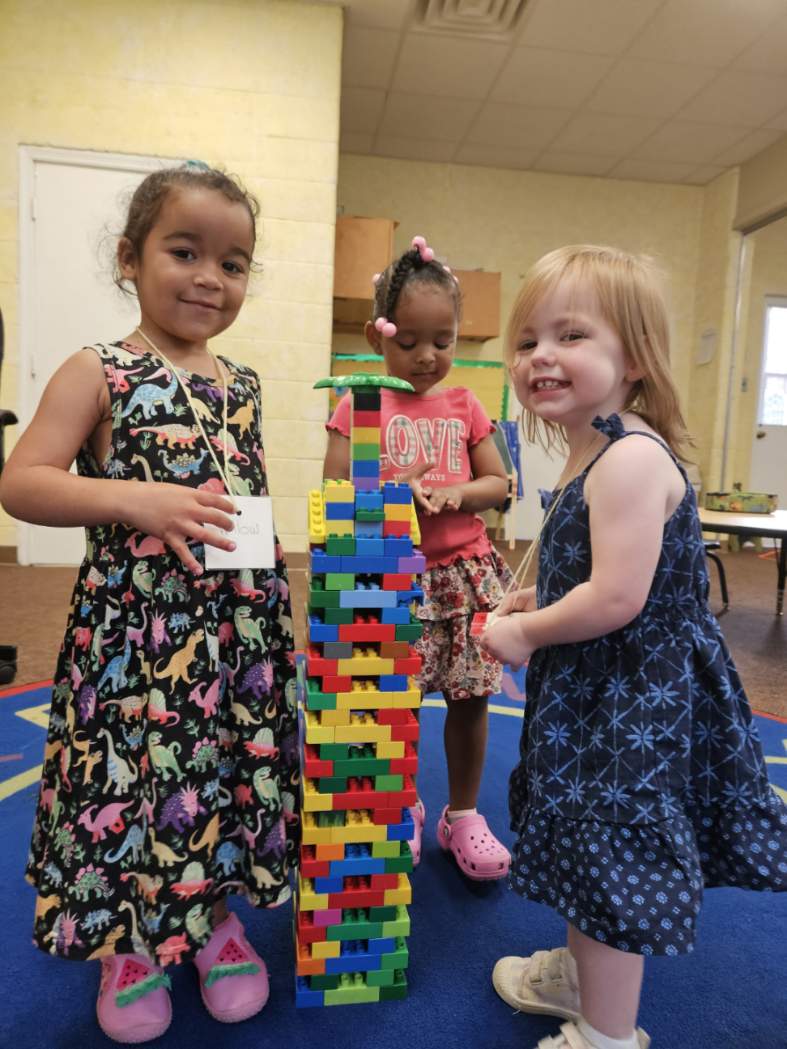
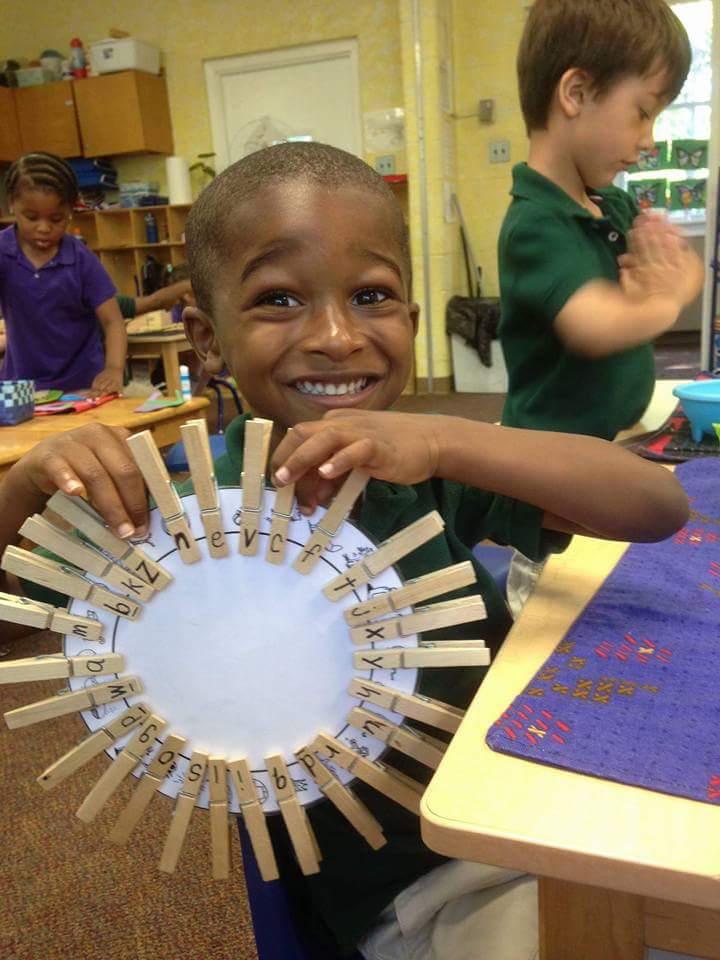
Language Arts- Children become more confident in their ability to decode and comprehend written language. They also begin to analyze sentence structure which leads to increased creativity in the expression of written language. Children master lessons on grammar, word study, etymology, and spelling. While acquiring the foundation of written language, children also explore creative prose, poetry, and drama.
Mathematics & Geometry- This core area builds upon the concrete lessons experienced in the Children’s Cottage. Children begin to grasp more abstract methods of thinking and solving mathematical operations. Children are exposed to addition, subtraction, multiplication, division, fractions, and algebraic equations. Geometry is an open-ended field of exploration for children at this level. They learn the nomenclature of various lines, angles, circles, and polygons.
Science-Children explore the basic beginning of life and the universe through matter and astronomy. Topics in biology, chemistry, and physics are introduced. Children also learn proper nomenclature for plants, animals, and humans. Through the core areas of botany, zoology, and Health Science, they explore the survival and reproduction of single-cell and multi-cell organisms.
Peace- Montessori children at the elementary level begin to have a better understanding of self and their impact on various physical and social environments. In this core area, children explore topics such as quiet time, understanding feelings, conflict resolution, cultural awareness, and environmental awareness. Children are encouraged to be ambassadors and protectors of peace as they grow and interact with the world.
The Watson Hall curriculum also offers music, movement, and art as a part of the overall curriculum.
school hours
After Care: 3:30pm-4:30 pm
Address
5820 Edmondson Avenue
Baltimore, MD 21228
Phone
(443)708-2926
